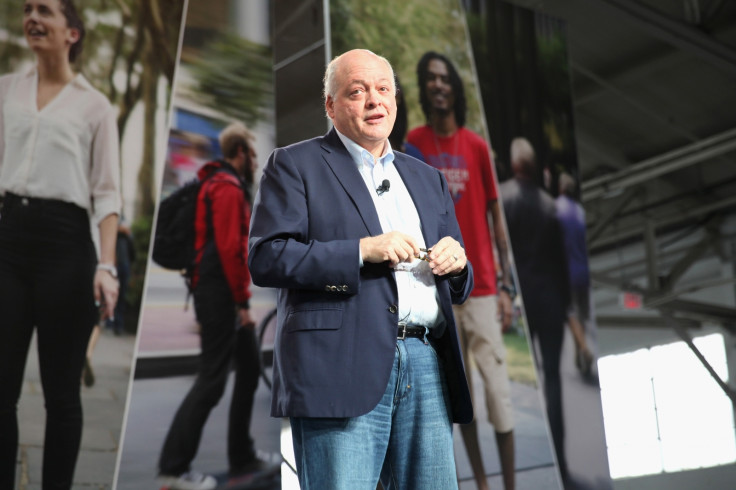Ford to move away from traditional cars in favour of 'tech-savvy' vehicles
Ford vows to be "fit" to remain ahead of its rivals in an ever-changing industry

Ford has unveiled plans to move away from traditional cars and towards SUVs and trucks, in a bid to remain competitive in the ever-changing motor industry.
The US car giant has attracted criticism from investors for failing to keep up with some its rivals in emerging markets such as China, while its efforts in sectors such as automated cars have also left analysts underwhelmed.
However, the group's CEO Jim Hackett, who took charge of the company in May after replacing Mark Fields, vowed the Detroit-based company will invest in electric power and tech services, while moving away from traditional cars and towards SUVs and trucks. Hackett indicated $7bn (£5.3bn) would be committed towards the latter categories, which proved to be some of the company's most successful products last year and were the main driver of growth in sales in the North American market.
"When you're a long-lived company that has had success over multiple decades the decision to change is not easy – culturally or operationally," Hackett said during an investors meeting in New York on Tuesday (3 October).
"The industry is staring at the tech companies coming at it. That's where I feel I bring some experience to Ford, where I can help. Fitness is the way you protect your broadsides from disruption."
Hackett, who joined Ford last year to lead its autonomous car division before replacing Fields at the helm of the company, added Ford will automate its manufacturing process, a move that will result in cost savings of approximately $14bn.
Ford is also looking to address its perceived shortcomings in China, and last month announced it was launching an electric car joint venture in the country, where it is working in partnership with local manufacturer Zotye.
He also highlighted the importance of having more tech-savvy cars, with Ford expecting 90% of its vehicles sold worldwide by 2020 to be "built with connectivity".
The car manufacturer believes the features, which would include easy compatibility with smartphones, will result in attracting a higher number of customers.
Meanwhile, the car maker has reaffirmed its full-year guidance for the current year, while it will provide its outlook for 2018 in January. Ford reiterated its long-term goal remains an 8% automotive operating margin, adding it will embrace the "profound technological changes" and new competition "buffeting the industry".
During Fields' three-year spell Ford recorded two of the most profitable years in its history, but the share price declined.
© Copyright IBTimes 2025. All rights reserved.






















